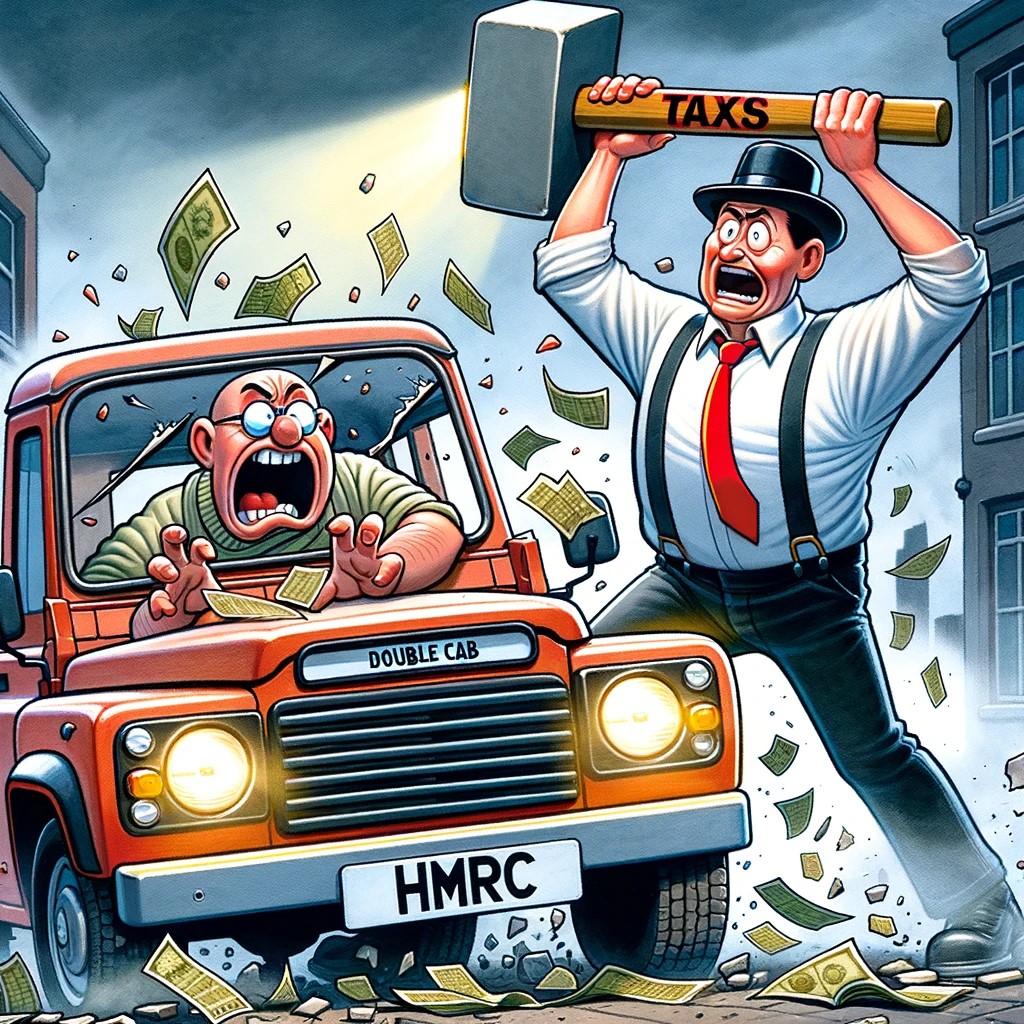Understanding the Changing Tax Landscape
Current Tax Benefits: A Favorable Position
Double cab pickups are the backbone of the construction industry, serving as both reliable haulers for equipment and convenient transportation for workers and their families. Yet, looming changes in tax regulations could reshape the landscape for these indispensable vehicles.
The Impact of Tax Changes
Currently, double cab pickups enjoy favorable tax treatment, including a standard benefit-in-kind rate set at £3,600, plus £688 for fuel, leading to a tax bill of £857.60 for basic rate taxpayers and £1,715.20 for those in the higher tax bracket. Additionally, companies can fully deduct the cost of these vehicles from their taxable profits thanks to 100% Capital Allowances. However, starting from July 1st, significant tax changes will come into effect, subjecting double cab pickups to similar tax assessments as cars. This shift includes considering CO2 emissions ratings, which could substantially increase taxes and reduce capital allowances.
Navigating Tax Implications: A Case Study
Take, for example, purchasing a Toyota Hilux Active, priced at £34,145 including VAT. Under the current tax regime, there are significant tax savings for both the company and the employee due to VAT recovery and full capital allowances. However, post-change, the tax implications become much more burdensome, with capital allowances reducing to just 6% annually.
Exploring Alternatives: Electrification of Fleet
So, what’s the solution? It might be time to consider electrifying your double cab pickup fleet. Electric vehicles (EVs) are currently treated more favorably in terms of taxation, and although there’s no guarantee, there’s a possibility that future government policies may continue to support EV adoption.
Weighing the Options: Financial and Environmental Considerations
With the impending tax changes, it’s essential to weigh the benefits of purchasing under the existing tax regime against the potential long-term financial and environmental advantages of electric vehicles. While the current rules apply to purchases made before July 1st, 2024, until April 5th, 2028, it’s crucial to consider the broader shift towards electrification and potential changes in legislation that could impact the cost-effectiveness of maintaining a diesel-powered fleet.
Further Guidance and Resources
To dive deeper into the tax implications and allowances, refer to the official guidance at HMRC’s Employment Income Manual.
In Conclusion: A Shift Towards Sustainability
In conclusion, the changing tax landscape suggests that now might be the time to rethink your double cab pickup fleet and consider transitioning to electric vehicles for a more sustainable and financially sound future.
For more detailed information on the tax implications and allowances, please refer to the official guidance at HMRC’s Employment Income Manual.




